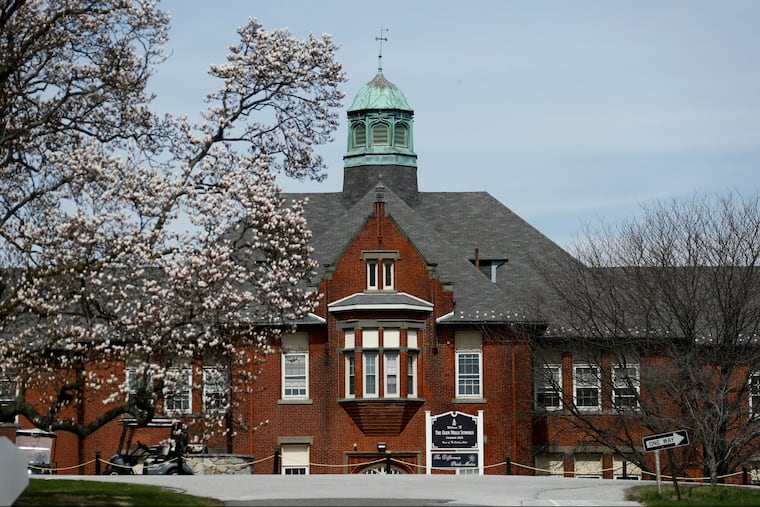Improving juvenile detention means fewer teens arrested, accountability for abusive staff | Editorial
Philadelphia incarcerates a higher percentage of teenagers than any other major American city. Once in the system, kids are often abused by those entrusted to protect them.

Not long ago, AARP crowned Philadelphia as one of the nation’s best places to retire, citing its walkable streets, access to arts and culture, relatively affordable housing, and retiree-friendly communities.
That honor rings hollow when you consider Philly is one of the nation’s toughest places to grow up.
In the nation’s poorest big city, one in every four children lives in poverty, as compared with 15.5% of children in Pennsylvania. Kids here are likely educated by the School District of Philadelphia, a long-underfunded education system that lags behind statewide standardized test score averages for proficiency in reading and math. Many of the buildings they attend classes in are crumbling or even potentially hazardous. Those who manage to make it through this gauntlet are greeted with a local job market that has long struggled to keep up with other East Coast cities.
Philadelphia also incarcerates a higher percentage of teenagers than any other major American city. Philly teens make up half of all juvenile detention admissions and 60% of the sentenced population in state-secure institutions.
» READ MORE: Appalling conditions in city jails persist. Mayor Parker must focus on a solution. | Editorial
If that wasn’t disturbing enough, once inside, a culture of abuse and impunity awaits. An Inquirer investigation by reporter Samantha Melamed tallied more than 650 claims of sexual coercion and physical abuse across a 15-year period. At one detention center, guards allegedly used teens to physically punish other kids, with cheesesteaks serving as a reward.
Entering the juvenile justice system greatly increases the chances a teen will be incarcerated as an adult, with detention often serving as a stepping stone to more serious crime rather than as an opportunity for rehabilitation.
The good news for local teens is that leaders understand the problem exists, even if they have struggled to successfully address it so far.
Police Commissioner Kevin J. Bethel has pledged to stop arresting minors for specific offenses like vandalism and shoplifting, instead directing them to structured diversionary programs. A similar program established by Bethel in his previous position as the chief safety officer for the school district resulted in a 90% reduction in arrests. Instead of being sent to a remote facility in a faraway part of the state, these students attend after-school programs like those provided by Intensive Prevention Services.
In interviews about the program, Bethel has cited the negative impact an arrest can have on a child’s often already strained support network. Teachers and family members may see an arrest as a reason to disengage from a young person when what they need is more support and guidance.
» READ MORE: Sharp decline in homicides shows that mayor’s all-of-the-above strategy may be working | Editorial
Another option is to send arrested teens to medium security facilities within their own neighborhoods, an approach that has been successful in New York City.
Beyond reducing how many kids are arrested and detained, state and local leaders must ensure those who are subjected to detention are treated fairly. While staff members at juvenile detention centers have been accused of thousands of violations, only a small fraction of these incidents result in workers being held accountable.
It often takes the active and forceful intervention of defense attorneys for a report to be taken seriously. No matter how many teens are sent to these centers, accountability for abusive staffers is a necessity.
As if to underline the free reign authorities have when it comes to punishing kids, one of former President Joe Biden’s thousands of pardons and commutations in his last weeks in office was for former Northeast Pennsylvania Judge Michael Conahan, who took bribes in exchange for sending kids to for-profit detention centers. Around 2,300 children had convictions that were found to be influenced by the scheme.
If only our struggling teens were offered the same kind of grace.